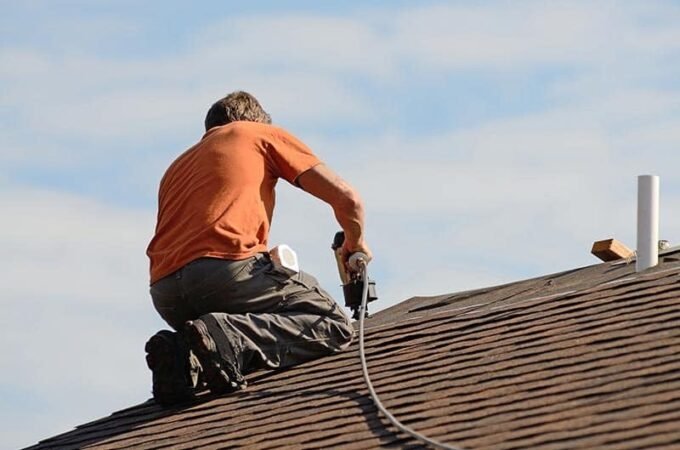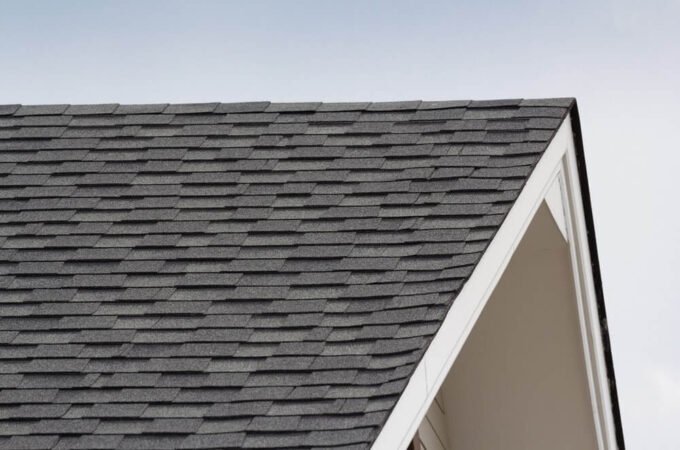
What Are the Most Sustainable Insulation for a Roof?
When it comes to building or renovating a home, one of the most critical decisions you’ll make is choosing the right insulation for your roof. With a growing awareness of environmental impact, homeowners are increasingly looking for sustainable insulation options. Not only do these materials help reduce energy costs, but they also contribute to a healthier planet. So, what are the most sustainable insulation options for your roof? Let’s dive in!
Table of Contents
ToggleWhy Choose Sustainable Insulation?
Choosing sustainable insulation goes beyond just environmental concerns; it can also lead to significant cost savings in the long run. Traditional insulation materials, like fiberglass, may not only have a high environmental footprint but can also degrade over time, reducing their effectiveness. In contrast, sustainable options are often made from renewable resources, recycled materials, or can be recycled themselves, making them an excellent choice for eco-conscious homeowners.
Popular Sustainable Insulation Materials
1. Cellulose Insulation
Made from recycled paper products, cellulose insulation is one of the most sustainable options available. It is treated with fire retardants and can be blown into the roof space or installed as batts. This material is highly effective at reducing heat loss and can significantly improve your home’s energy efficiency. Additionally, using cellulose insulation helps reduce landfill waste, making it an eco-friendly choice.
2. Sheep’s Wool Insulation
Another fantastic option for sustainable insulation is sheep’s wool. This natural material is not only biodegradable but also boasts excellent thermal performance. Wool can absorb moisture without compromising its insulating properties, which helps maintain a comfortable indoor climate. Plus, it’s a renewable resource, making it a guilt-free choice for your home.
3. Hemp Insulation
Hemp insulation is gaining popularity due to its sustainability and versatility. Made from the hemp plant, this insulation is both eco-friendly and effective at regulating temperature and humidity. Its durability and resistance to mould make it an excellent choice for various climates. Moreover, hemp is a fast-growing crop that requires minimal pesticides, further reducing its environmental impact.
4. Cork Insulation
Cork insulation is harvested from the bark of cork oak trees, making it a renewable and sustainable choice. This natural material provides excellent thermal and acoustic insulation, and it’s resistant to moisture and fire. Cork insulation can be used in various applications, including roofs, walls, and floors, making it a versatile option for eco-friendly construction.
5. Foam Board Insulation
While some foam board insulation products can be made from polystyrene, which has environmental concerns, there are now options available that use recycled materials. This type of insulation is lightweight and provides a high R-value, meaning it’s effective at resisting heat transfer. Look for brands that prioritise sustainability in their manufacturing processes to ensure you’re making an eco-friendly choice.
Benefits of Sustainable Insulation
In addition to being better for the environment, sustainable insulation offers several benefits for homeowners:
- Energy Efficiency: By effectively regulating indoor temperatures, sustainable insulation can reduce heating and cooling costs significantly.
- Comfort: A well-insulated home is more comfortable year-round, with fewer drafts and temperature fluctuations.
- Healthier Indoor Air Quality: Many sustainable insulation materials are made without harmful chemicals, improving the air quality in your home.
- Resale Value: Homes with energy-efficient features, including sustainable insulation, often see a higher resale value.
Conclusion: Ready to Go Green?
Incorporating sustainable insulation into your roofing project is a smart choice that benefits both your home and the planet. With options like cellulose, sheep’s wool, hemp, cork, and recycled foam board, you have plenty of choices to consider.
If you’re ready to make the switch to sustainable insulation and want expert advice tailored to your specific needs, contact Enduroflex today! Our team is here to help you select the best insulation options for your home, ensuring both comfort and sustainability.
Lynn Place is Vice President of Marketing for SolvChem Custom Packaging Division. She has 30 years of professional experience in the manufacturing industry and specializes in consumer packaged goods, new product development and strategic planning.






